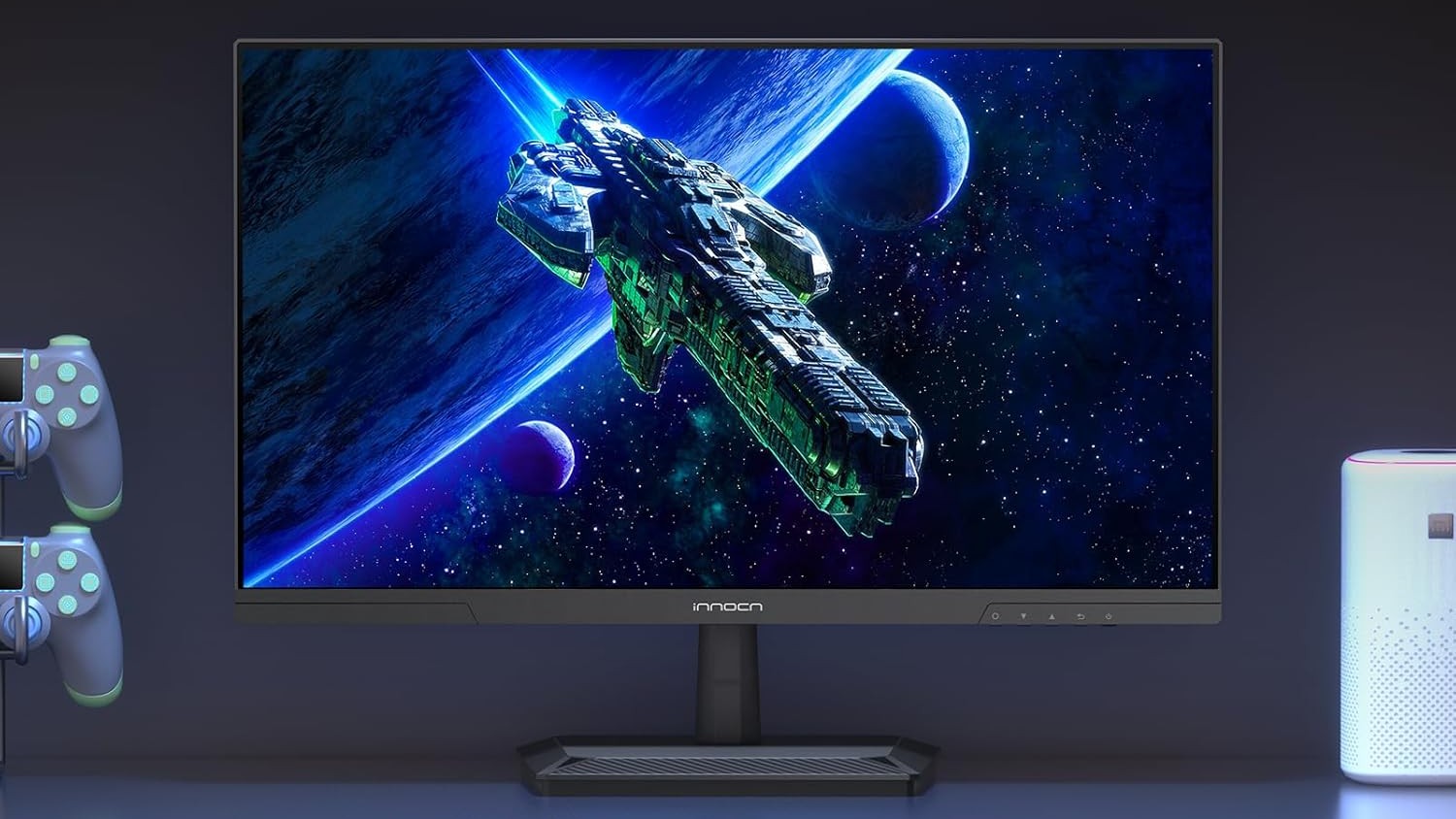Intel Core i9-13900K vs. AMD Ryzen 9 7900X: Which CPU is best?
Team Blue vs. Team Red.
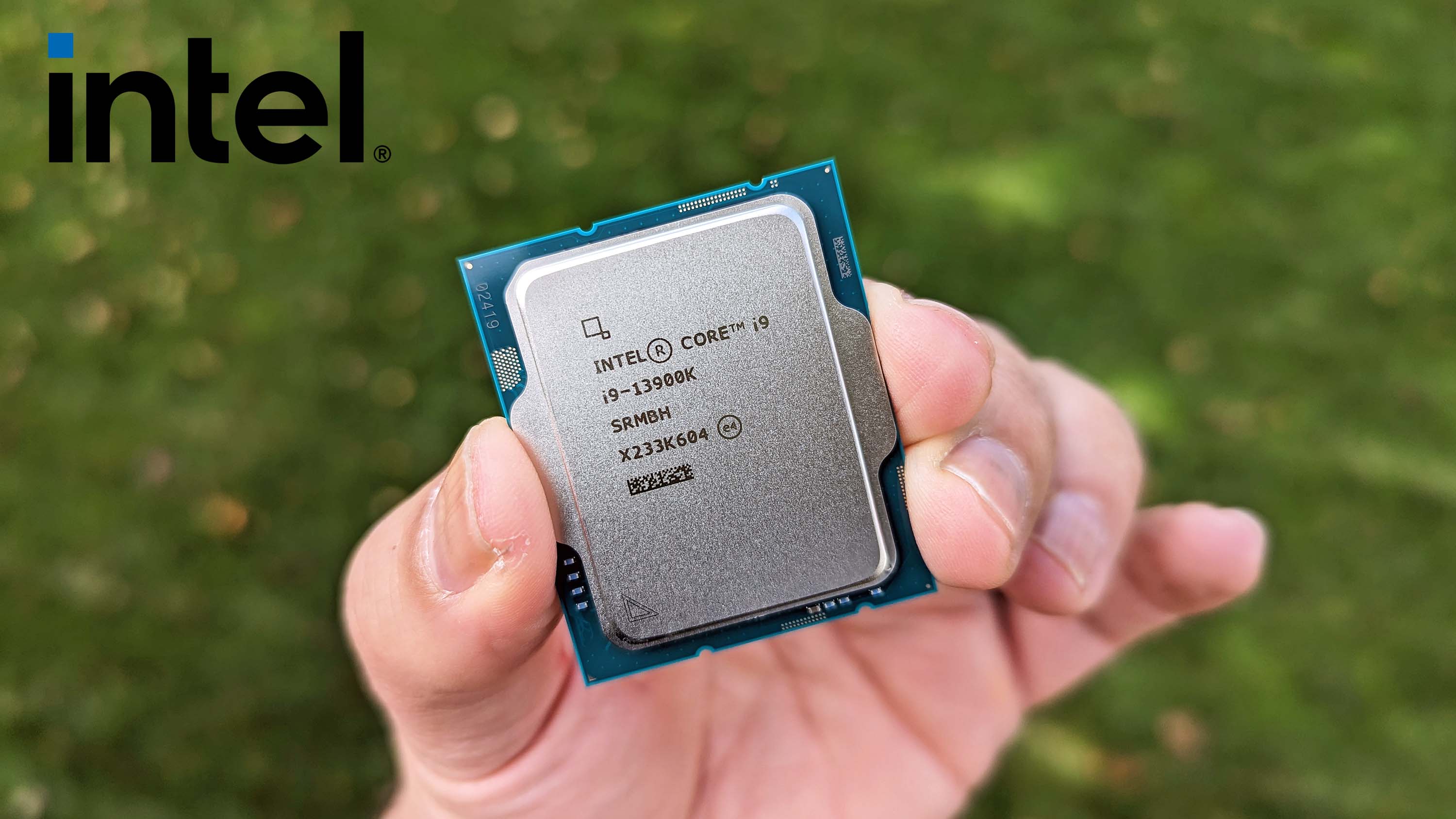
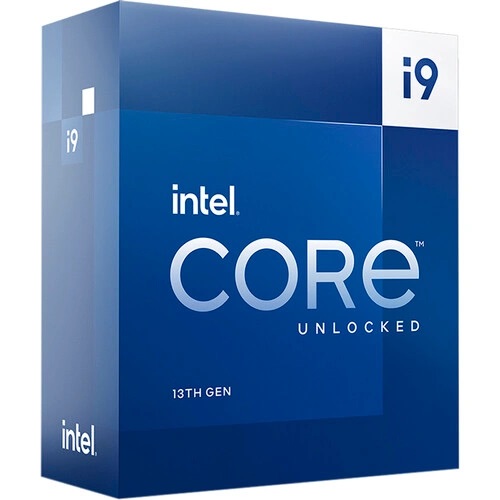
The Intel Core i9-13900K is a monster processor from Intel, rocking 24 cores and 32 threads. It's capable of boosting all the way up to 5.8GHz, which is incredible without any overclocking.
For
- More cores
- Lower TDP
- Faster boost clock speeds
- Integrated GPU
Against
- 10nm process
- Less cache
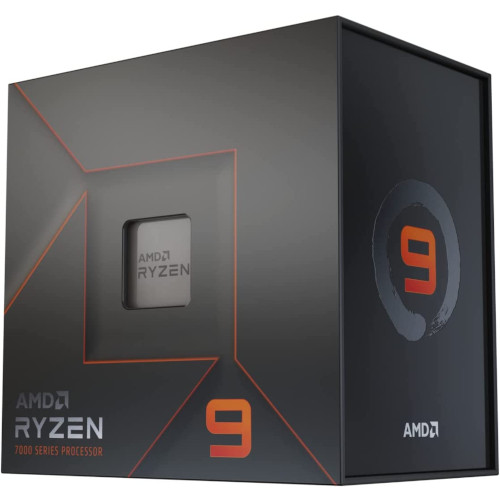
AMD's second-fastest desktop-class processor is the AMD Ryzen 9 7900X, which has 12 cores and 24 threads and a boost speed of up to 5.6GHz. A little behind Intel but still amazing enough.
For
- 5nm TSMC process
- More cache
- Integrated GPU
Against
- Slower boost clock speeds
- Higher TDP
- Fewer cores
With the AMD Ryzen 9 7950X vs. this very Intel Core i9 processor, we crowned the Intel chip as the winner. It only makes sense that we do the same here as the AMD Ryzen 9 7900X is a little slower than the 7950X, sporting the same number of cores, threads, and almost everything else. The Intel Core i9-13900K is simply better.
The Intel Core i9-13900K has more physical cores and threads than AMD's Ryzen 9 7900X. There is a total of 24 compared to AMD's 16. Interestingly, the number of threads is the same due to how Intel utilizes a new hybrid core design, whilst AMD uses the traditional processor core design.
| Header Cell - Column 0 | Intel Core i9-13900K | AMD Ryzen 9 7900X |
|---|---|---|
| Released | 2022 | 2022 |
| Cores | 24 | 16 |
| Threads | 32 | 32 |
| Speed | Up to 5.8GHz | Up to 5.6GHz |
| Cache | 36MB | 80MB |
| GPU | Intel UHD Graphics 770 | Radeon (2 cores) |
| TDP | 125W | 170W |
| Price | $589 | $ |
Creating the best CPU for Intel involves the use of its new hybrid core design with the P-cores having two threads each and E-cores having just one. While the company continues to use older manufacturing processes with a less efficient transistor design, it's able to impressively remain competitive against AMD.
There's an integrated graphics processor on both processors but Intel wins outright here for performance, notably in games. Intel UHD Graphics 770 is excellent if you're only going to play some light games or do some video work. AMD's Radeon graphics are only really designed for displaying the desktop without a dedicated GPU.
Finally, we've got thermal design power of 125W for the Intel Core i9-13900K and 170W for the AMD Ryzen 9 7900X. Both CPUs are more than capable of pulling upwards of 200W from the PSU, but we'll go into more detail regarding performance shortly. Regardless of which processor you choose, you'll need capable cooling.
Performance
Why you can trust Windows Central
Like the faster Ryzen 9 7950X sibling, the Ryzen 9 7900X is capable of handling real-world loads similarly to the Intel Core i9-13900K. When gaming or using creator software, both processors will be able to smash through even the most intensive workloads. Intel will come out first thanks to the higher core and thread count, but the 7900X is no slouch.
You'll find some synthetic benchmark results below, which while don't represent an accurate look at how these CPUs will fare in the real world, do allow us to compare them with actual numbers. It's clear to see just how close the Intel Core i9-13900K and AMD Ryzen 9 7900X fare (with the Ryzen 9 7950X thrown in for good measure).
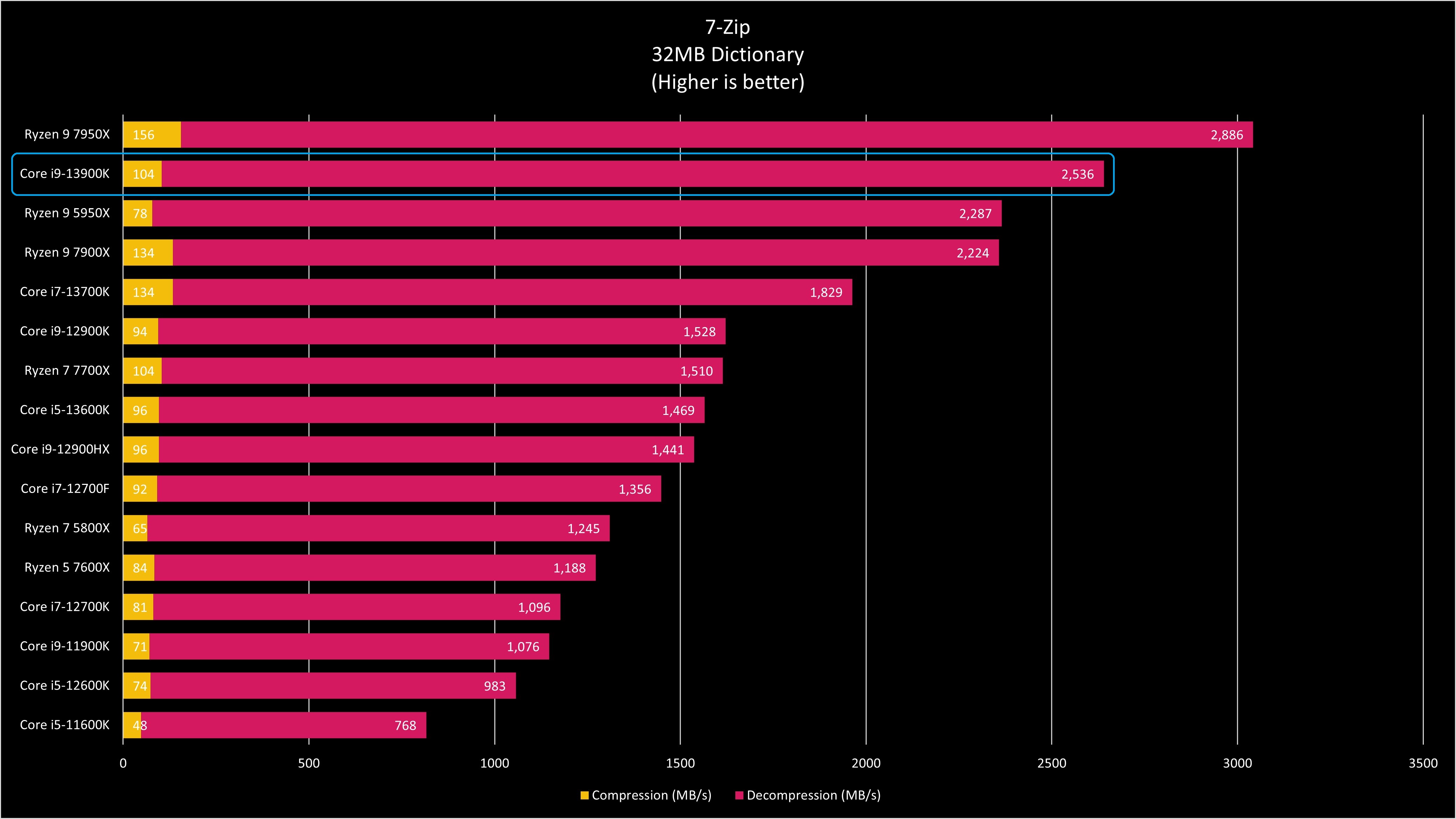
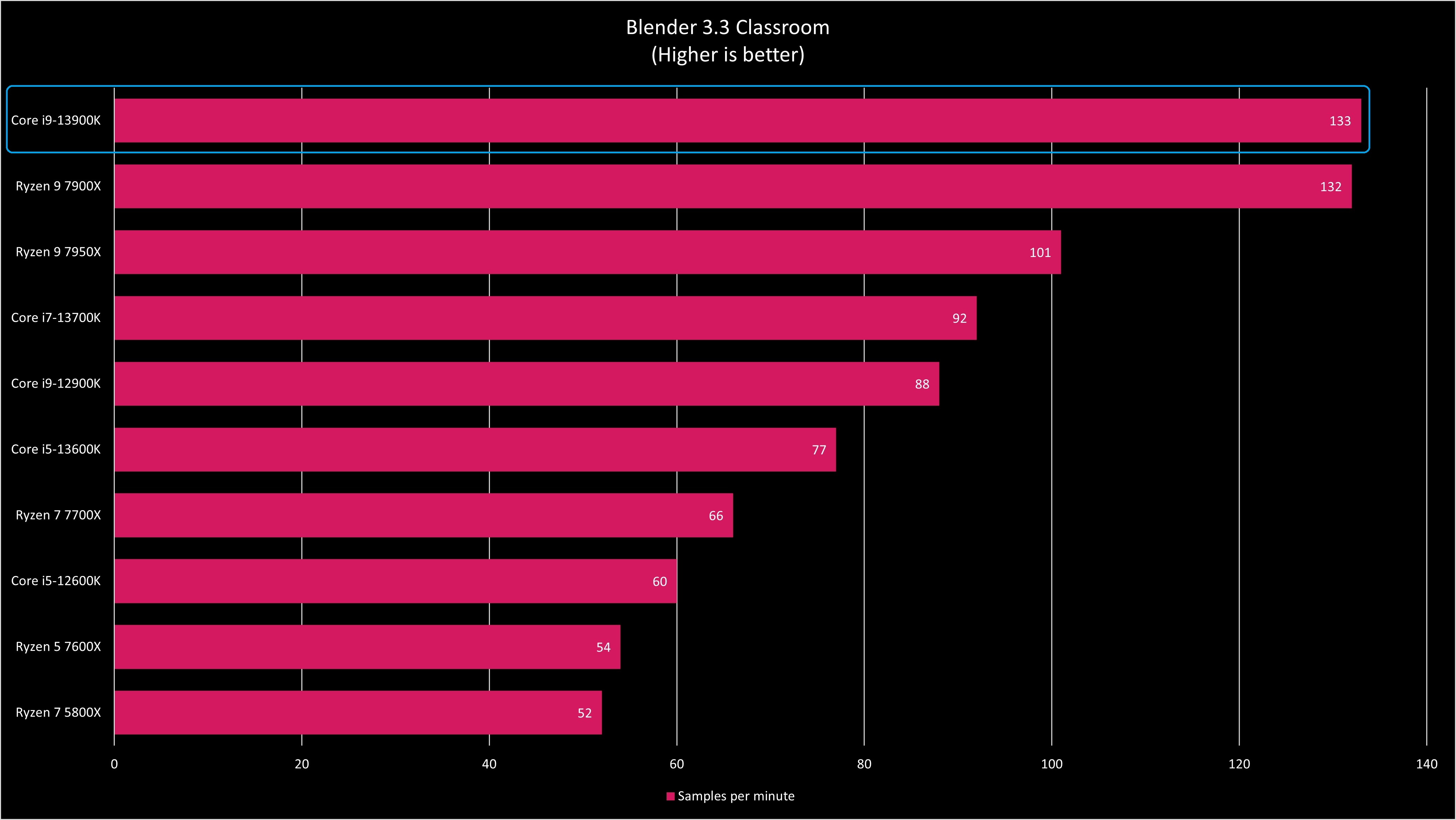
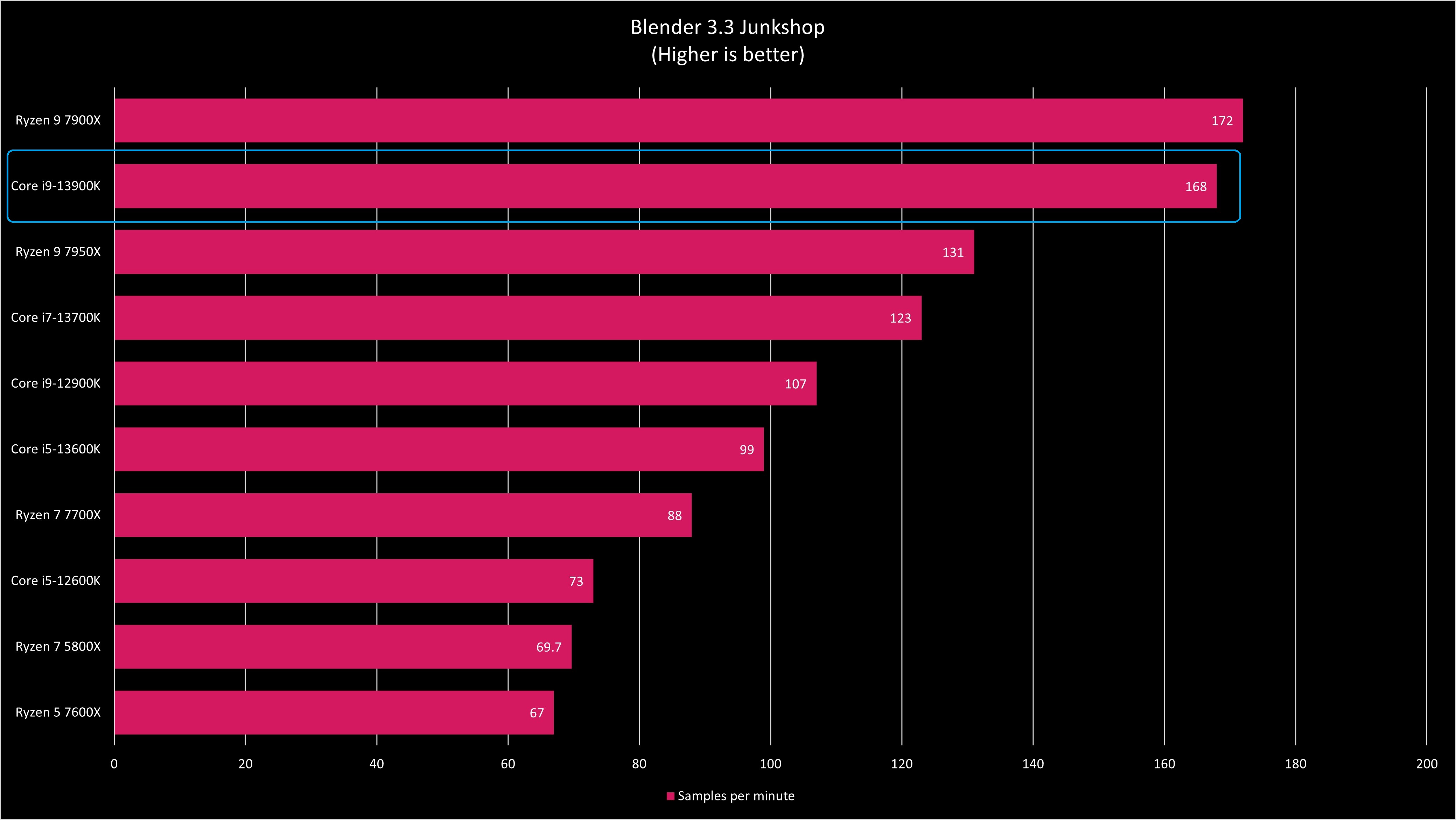
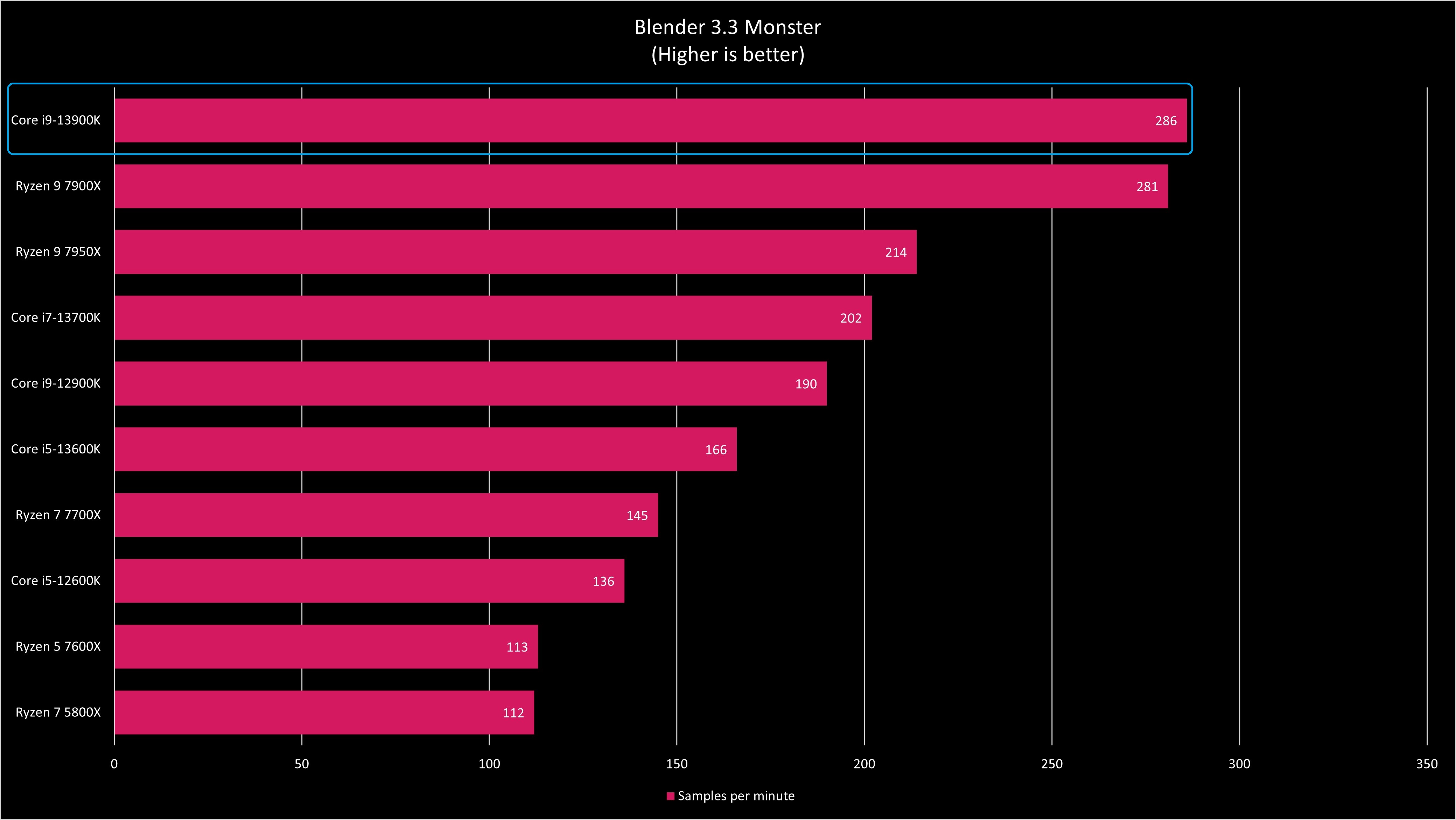
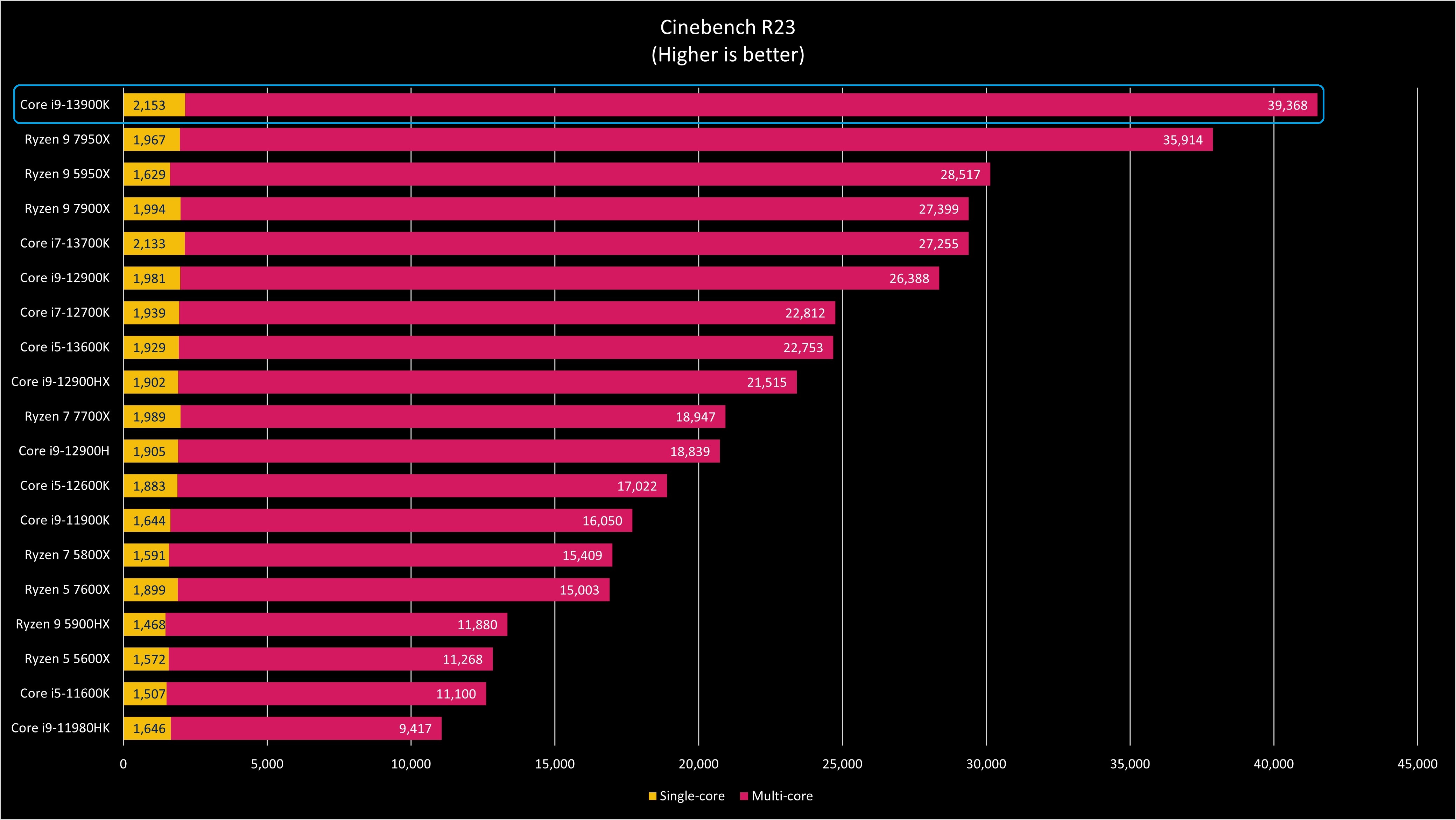
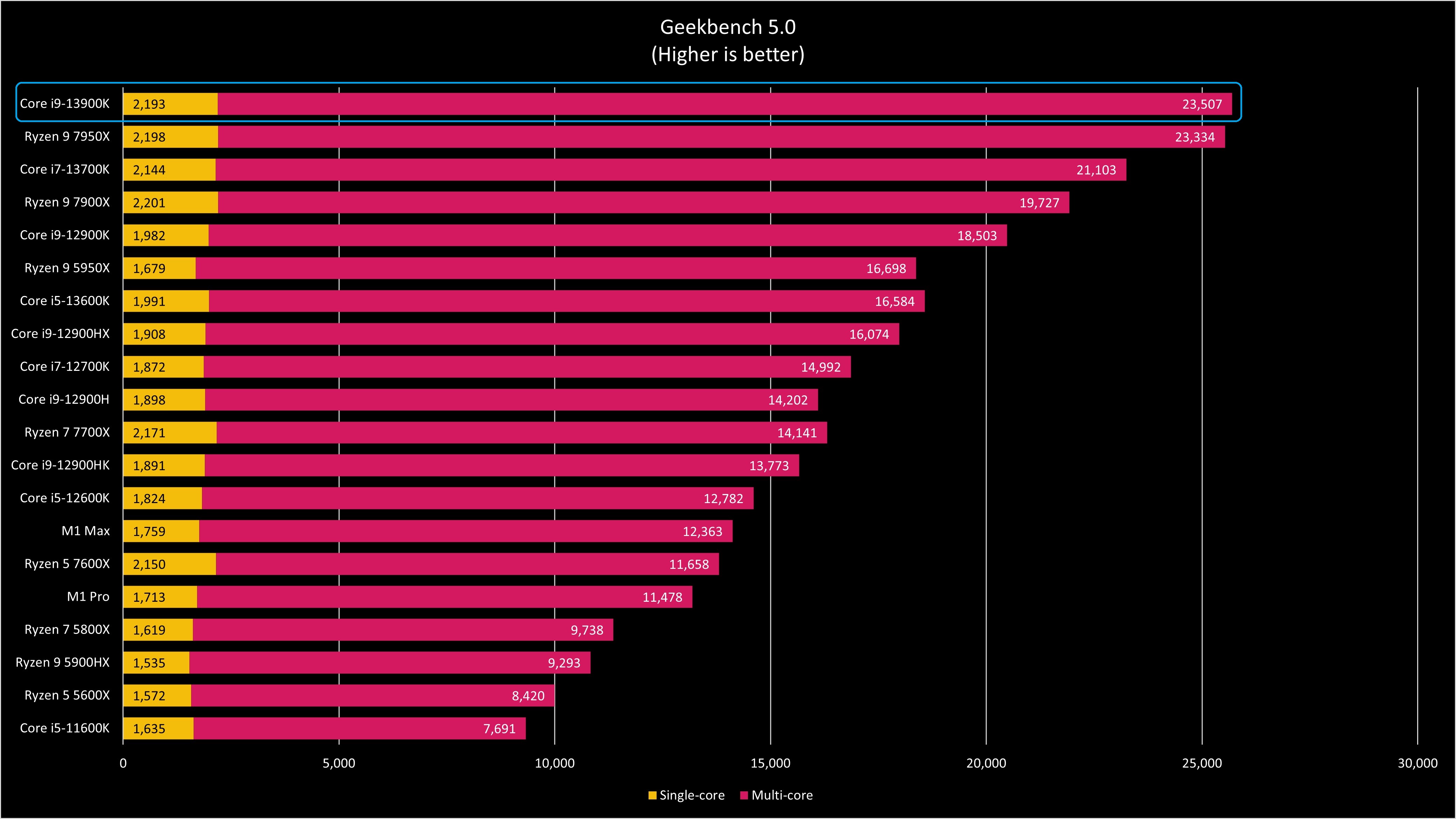
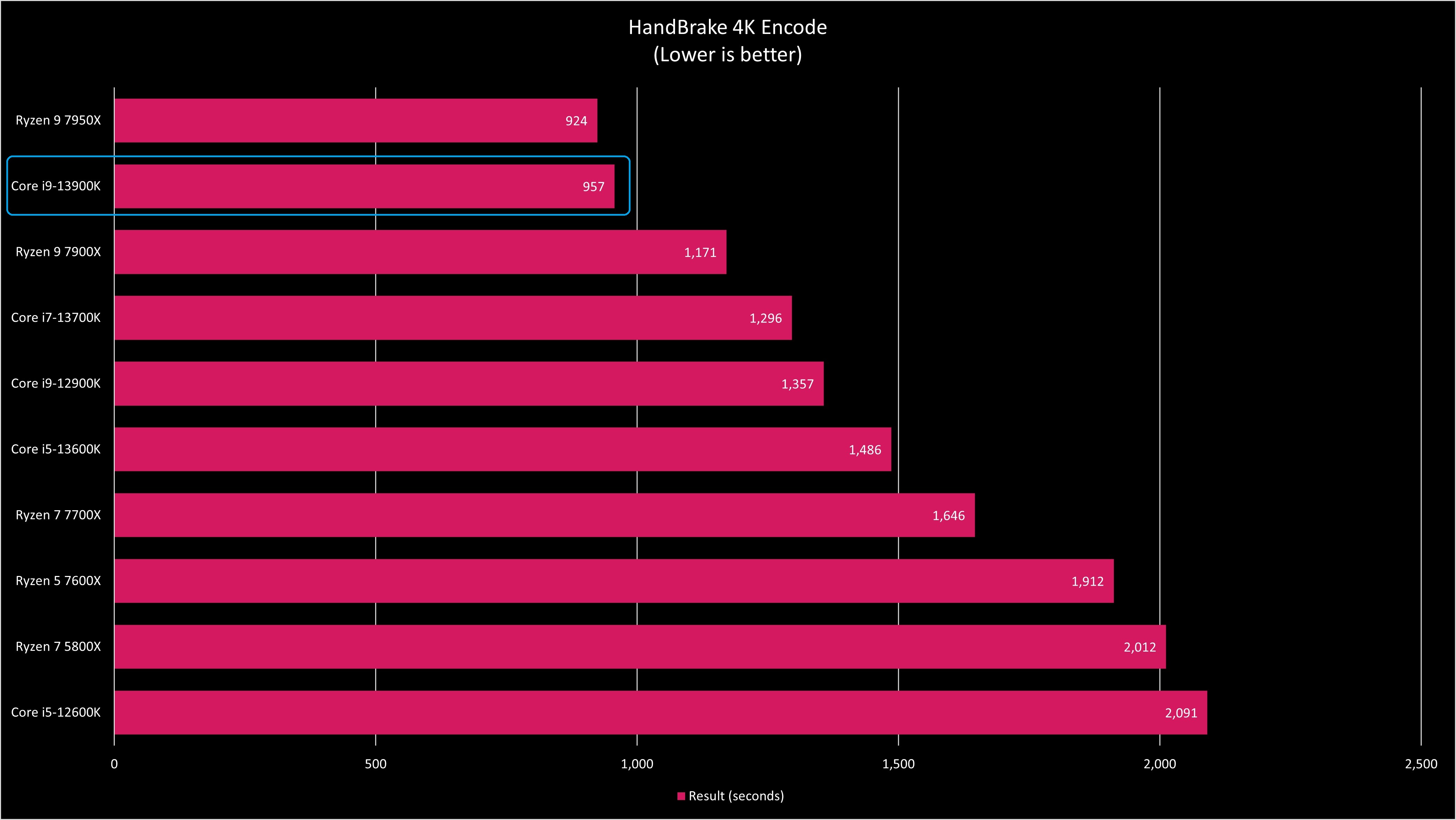
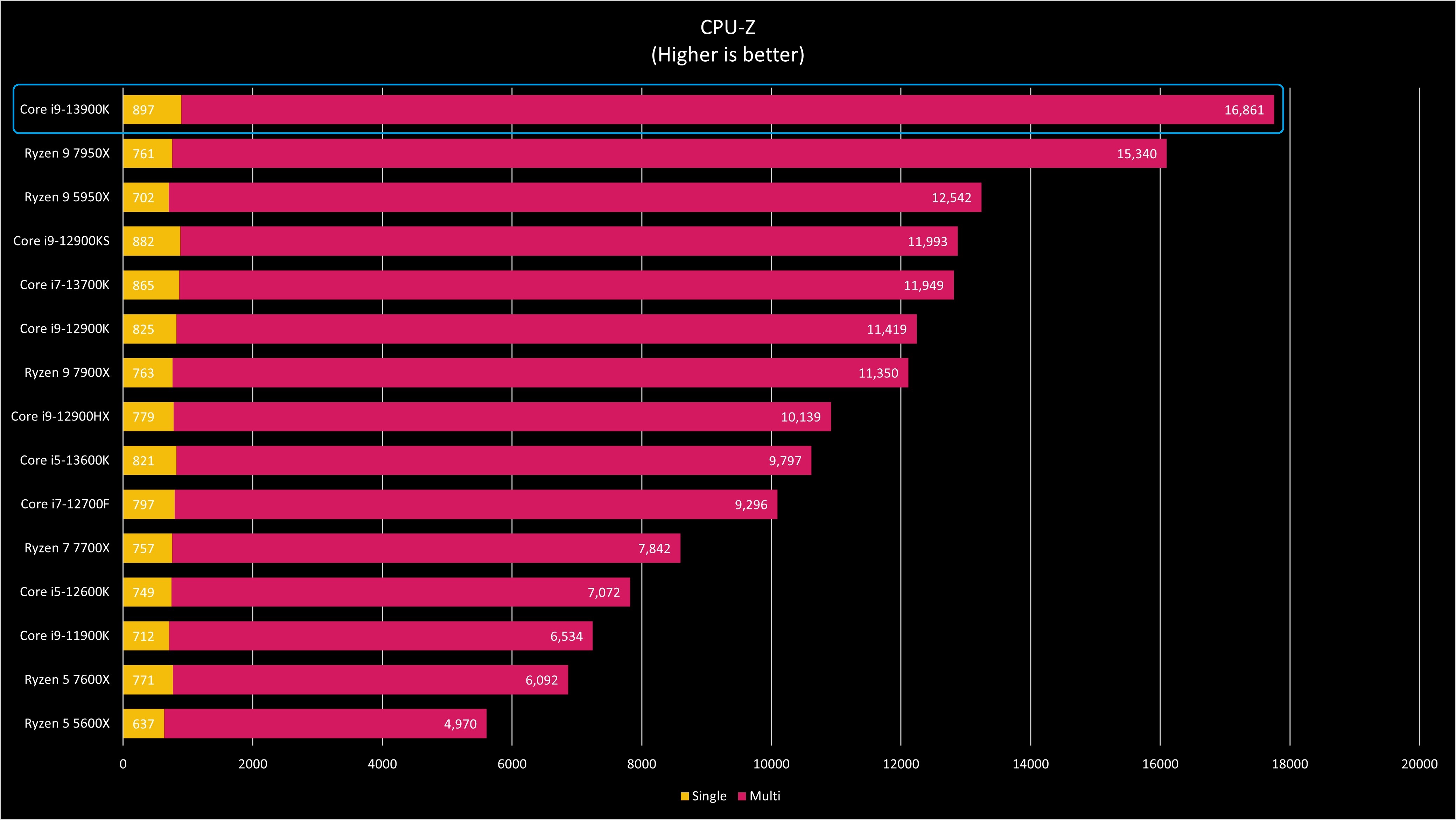
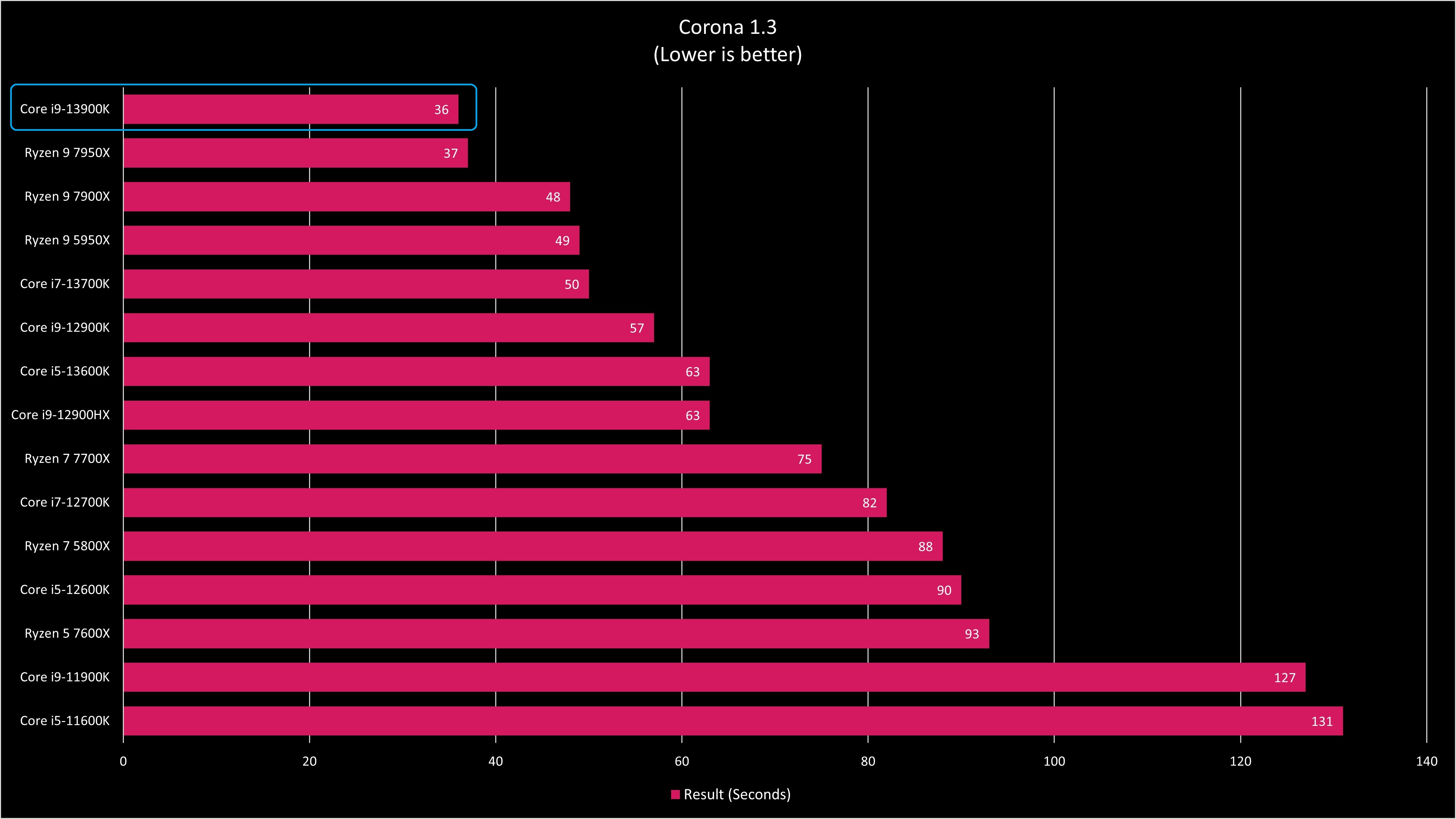
The AMD Ryzen 9 7900X and Intel Core i9-13900K will use roughly the same amount of power. It really comes down to the cooling you must install atop the chip. The better the cooling, the more these CPUs will be able to boost. By default, we're looking at 5.6GHz and 5.8GHz, respectively.
The temperatures of both processors under heavy load will surpass 90C and that's by design according to Intel and AMD. They're making full use of available thermal headroom, which wasn't the case with previous generations. This does result in far hotter temperatures but so long as your PC case can exhaust the heat, you shouldn't notice a difference.

If you want the absolute best from Intel, you're going to need the Intel Core i9-13900K. It has plenty of cores, big performance, and excellent hardware support.

AMD's Ryzen 9 7900X is brilliant for Team Red fans. It has everything you need to put together a competent PC build without spending too much. Just watch out for the heat.
Get the Windows Central Newsletter
All the latest news, reviews, and guides for Windows and Xbox diehards.

Rich Edmonds was formerly a Senior Editor of PC hardware at Windows Central, covering everything related to PC components and NAS. He's been involved in technology for more than a decade and knows a thing or two about the magic inside a PC chassis. You can follow him on Twitter at @RichEdmonds.
